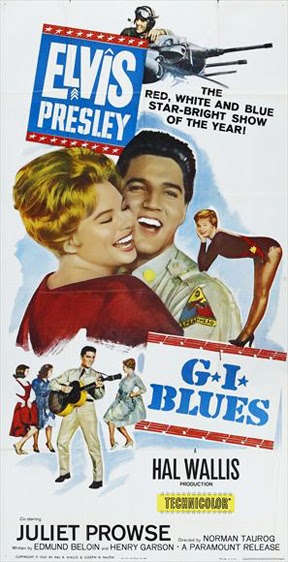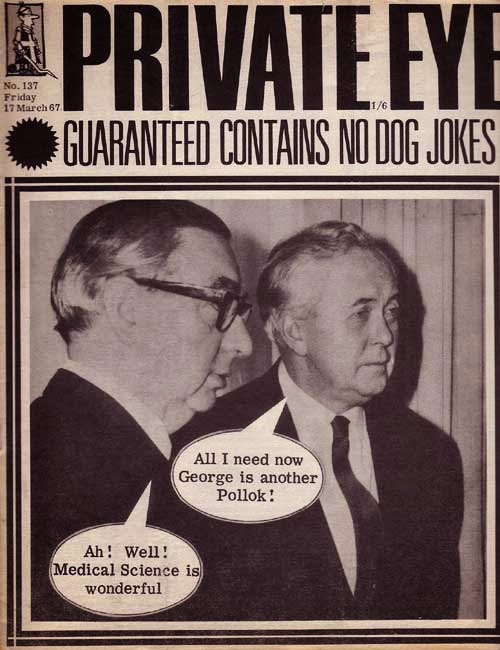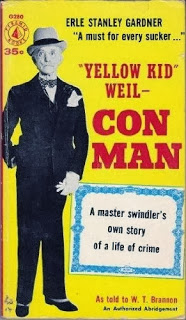When the Morning Post —a newspaper to which Coleridge had contributed in the early nineteenth century—began publishing ‘ heartening sayings’ in 1927 under the title ‘The Trivet of Great Thoughts’ ( taking this title from a medieval book reputed to be in the library of St.Victoire in Paris ) and paying half a guinea to readers whose contributions it published– it’s unlikely that any at the Post believed that this feature would prove as popular as it did. Yet six years later five anthologies had been published, including this second pocket edition of 1933, which we at Jot HQ found in the archives.

The Morning Post was the leading Tory newspaper of its day ( in 1937 it was gobbled up by The Daily Telegraph).and was edited by the notorious Tory troublemaker , H. A. Gwynne . Geoffrey Grigson—a socialist —called it a ‘ gentlemanly Fascist paper .and was possibly persuaded to join its staff as the putative Literary Editor when an offer came from one of its journalists, partly by the generous salary offered and partly because of Coleridge, who was then one of the ‘heroes ‘ of his pantheon. The editor of the five anthologies, who called himself ‘Peter Piper’, was possibly E.B. Osborn, who though nominally the Literary Editor, was old and lazy and apparently did little or anything in this role, leaving all the work to Grigson. Incidentally, no copy of Osborn’s autobiography, E.B.O., which according to William Matthews was published in 1937, can be found anywhere in global public collections, the only feasible explanation being that all copies of it were destroyed in a fire. If any in the Jottosphere can find a copy would they please contact Jot 101 urgently? Continue reading





